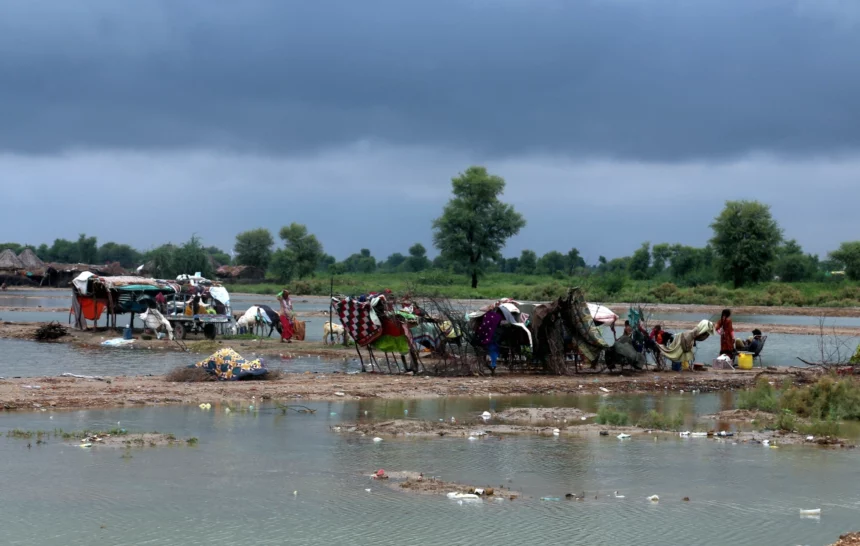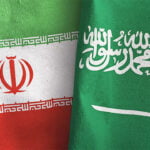Additionally, the frequency of waterborne and vector-borne diseases is on the rise, which is a serious issue, particularly in Sindh, Balochistan, and Khyber Pakhtunkhwa, among the most affected regions.
In a report released on Saturday, the UN’s Office for the Coordination of Humanitarian Affairs (OCHA) stated that most Balochistan areas had restored to normalcy and that temperatures had begun to drop. While the Indus River is flowing properly at the Guddu, Sukkur, and Kotri barrages, overall water levels are decreasing in the upper parts of Taluka Qubo Saeed Khan, Shahdadkot, Qambar, Warah, and Nasirabad.
It is anticipated that the severe floods will make the food shortage worse. In 28 underprivileged districts in Balochistan, KP, and Sindh, an Integrated Food Security Phase Classification (IPC) analysis conducted before the floods estimated that 5.96 million people lived in IPC phases 3 (crisis) and 4 (emergency) in the assessed districts between July and November; this number is anticipated to rise to 7.2 million from December to March 2023.
The Pakistani government is in charge of the ongoing humanitarian effort. In complement to the government’s aid distribution, as of September 30, the Benazir Income Support Program (BISP) had provided cash assistance of Rs25,000 per home to nearly 2.3 million flood-affected households.
National and international NGOs are still providing support by providing food, health, non-food products, water, sanitation, and hygiene support, among other things. In addition to 37 members of the Pakistan Humanitarian Forum, 63 members of the National Humanitarian Network are reacting in 76 districts.
With the assistance of the International Federation of Red Cross and Red Crescent Societies and its movement partners, the Pakistan Red Crescent continues to broaden its service area by providing immediate life-saving relief across Sindh, Balochistan, KP, Punjab, and Gilgit-Baltistan.
This includes distributing food, tents, household hygiene kits, mosquito nets, and other household supplies in addition to basic healthcare and clean water supplies. Over 52,100 people in Balochistan, 532 people in KP, and 120 people in Sindh have received conditional and unconditional financial handouts from humanitarian partners, including the UN.












